
The Chinese Interests In The Panama Canal Including Updates
Two Ports and an Audit
Panama swiftly hit back at Trump's recent remarks, denying Chinese influence and denouncing the US president's threats in a letter to the UN secretary-general. “We reject in its entirety everything that Mr. Trump has said,” Panama's President Jose Raul Mulino told a panel at the World Economic Forum in Davos.“First because it is false and second because the Panama Canal belongs to Panama and will continue to belong to Panama.” To counter allegations of Chinese influence, the Panamanian authorities announced“an exhaustive audit” of the Panama Ports Company, part of Hutchison Ports, itself a subsidiary of Hong Kong-based conglomerate CK Hutchison Holdings. The controller's office that oversees public entities said the audit was“aimed at ensuring the efficient and transparent use of public resources” at the company, which operates the ports of Balboa and Cristobal on either end of the canal. The audit“is one of the few things Panama's authorities can do right now to try to counter Trump's accusations and alleviate US concerns”, said Tabita Rosendal, a specialist of Chinese foreign policy at Lund University in Sweden, who has worked on the maritime aspect of China's“New Silk Roads”.“It's a clever move by Panama's authorities because they know that Hutchison Ports will comply and that the audit will most likely not reveal anything suspicious,” added Benjamin Creutzfeldt, a specialist in relations between China and Latin American countries at the University of Leipzig in Germany, and director of the local Confucius Institute.
A Hong Kong Magnate
The Hong Kong-based company, which promised full cooperation on Wednesday, has already undergone a number of audits in recent years and has always complied with the exercise, both experts noted. It has operated the ports of Balboa and Cristobal since 1997 and secured a second 25-year lease in 2021, without it causing a fuss. A giant of the industry, Hutchison Ports is not the type of company that could be easily maneuvered by Chinese authorities.“It's one of the world's leading port investors, with massive portfolios,” noted Rosendal.“They have interests in 53 ports worldwide and more than 24 countries.” The company notably operates the port of Stockholm in Sweden, as well as five Dutch ports and a dozen more in the Middle East. Given the scale of its assets, any collusion with China's geopolitical interest would surely not go unnoticed. CK Hutchison Holdings, Hutchison Ports' parent company, is one of the largest conglomerates registered in Hong Kong, a Chinese territory where companies still enjoy a degree of freedom despite Beijing's political and security clampdown on the former British colony. Describing the company's Panama assets as a tool in the hands of Beijing“fits in perfectly with Trump's narrative that Hong Kong firms are aligned with the Chinese government”, said Rodrigo Martin, whose research at the University of Salamanca in Spain has focused on relations between Panama, China and the US. Li Ka-shing, the founder of CK Hutchison Holdings, was once the richest man in Asia and remains one of Hong Kong's most influential figures. Rumor has it that“for every dollar spent in Hong Kong, five cents end up in Li Ka-shing's pockets”, French business daily La Tribune wrote in 2014. Wealth and influence have enabled the likes of Li Ka-shing to“maintain a degree of freedom from Chinese Communist Party surveillance that you wouldn't see elsewhere in China”, said Rosendal. Nonetheless, Creutzfeldt argued that the business magnate's significant assets in mainland China“mean the central government has, de facto, a degree of influence over his conglomerate and, indirectly, over how it manages its network of ports”.
A snub over Taiwan
Trump's criticism of the way the Panama Canal is run rests in part on his unsubstantiated claim that US vessels are charged“exorbitant” fees compared to Chinese ones – a purported inequity that he blames on pressure from Beijing. In truth Hutchison Ports“has no say whatsoever in how the canal is managed”, said Creutzfeld.“It's Panama's government, via the Panama Canal Authority, that sets the fees based on decades-old agreements of neutrality,” added Rosendal. All ships transiting the canal are subject to the same tariff, regardless of their country of origin. Since 75% of all ships are American and only 21% from China, the canal's second biggest customer, the US inevitably pays more overall. But Chinese influence in Panama does not stop at Hutchison Ports. In recent years, China has spent billions of dollars developing infrastructure around the canal and elsewhere in Panama. In 2016, China's Landbridge Group secured a $900-million contract to manage the port of Margarita, Panama's largest, located not far from the Atlantic entrance to the canal. The scale of Chinese investment shows that“Panama has become one of the most important countries for China's strategy in Latin America”, said Martin.“It's a gateway to the continent for China, both economically and diplomatically,” added Rosendal. Beijing's economic diplomacy delivered a symbolic victory in 2017 when Panama abruptly severed longstanding diplomatic ties with Taiwan. The following year Panama became the first Latin American country to join China's New Silk Road, becoming a key link in Beijing's hugely ambitious global infrastructure program.
Back to the Monroe Doctrine?
Panama's move to ditch Taiwan and establish formal ties with China did not go down well with US officials.“There was very tangible irritation in Washington with the way this was done, since US representatives were given little advance notice,” said Creutzfeldt.“And this continues to affect US relations with Panama.” Another bone of contention is the“potential dual role of certain technologies that Chinese companies are deploying in Panama”, said Rosendal. She pointed to Huawei supplying the country with surveillance cameras that could, if Beijing wished to, be used to gather intelligence.“There is not much concrete evidence that China is using them for surveillance, but the question of the risk to national security of this type of technology is certainly a concern for many countries,” she added. Martin suggested that Trump's threats could mark a return to the Monroe Doctrine, a 19th-century policy aimed at dissuading Europe's colonial powers from interfering with the political affairs of the Americas. In this case, the message would be that“Latin America is part of the US sphere of influence and that China should back off”, he said.“Perhaps the Panama Canal is just the first step towards building that narrative.” The risk, Martin cautioned, is that Trump's aggressive rhetoric backfires on the US. “If Trump starts to threaten Panama's security, maybe Panama will shift its support to China because Beijing is not a threat.”
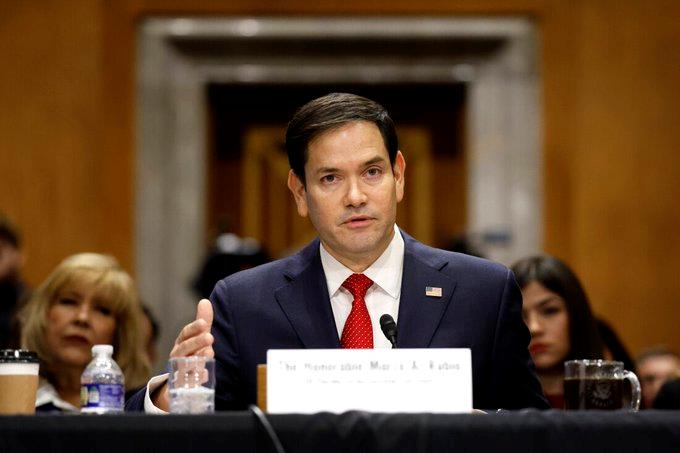
The Secretary of State of the United States, Marco Rubio, will hold meetings with the President of the Republic, José Raúl Mulino, and with the administrator of the Panama Canal Authority (ACP), Ricaurte Vásquez, during his upcoming visit to the country, according to official sources. Media outlets such as Politico and Bloomberg reported on Wednesday, January 22, 2025, that Rubio's visit to Panama is part of a tour of Latin America, which includes Guatemala, El Salvador, the Dominican Republic, and Costa Rica.
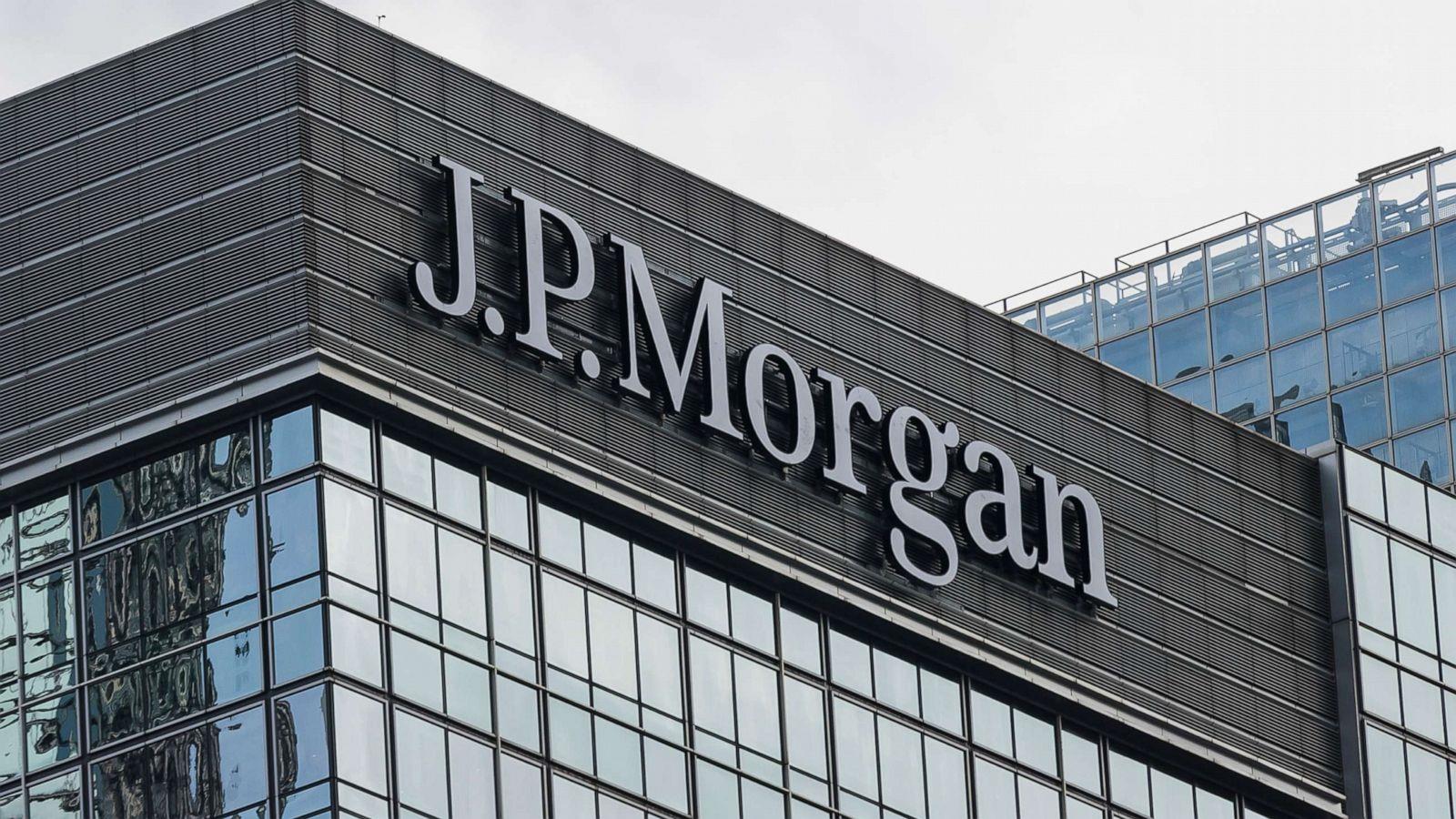
JP Morgan explains the reasons for Trump's pressure on Panama. The threats by the President of the United States, Donald Trump, against the Panama Canal, are beginning to undermine the tranquility of international markets and investors who have Panamanian sovereign debt bonds in their portfolios. The US bank admits that Donald Trump's threats against the Panama Canal are causing a stir among investors, who fear a real risk for the country. The threats made by the President of the United States, Donald Trump, against the Panama Canal are beginning to undermine the tranquility of international markets and investors who have Panamanian sovereign debt bonds in their portfolios. In the opinion of this bank, the US administration could have had two purposes for having warned Panama about the status of the Canal, even more so by adding China to this scenario, although on countless occasions the President of the Republic, José Raúl Mulino, you have pointed out that there is no Chinese presence in the administration of the interoceanic route.
Republican Senator Introduces Resolution for Panama to Break Relations with Chinese Companies that 'Have Influence in the Canal'
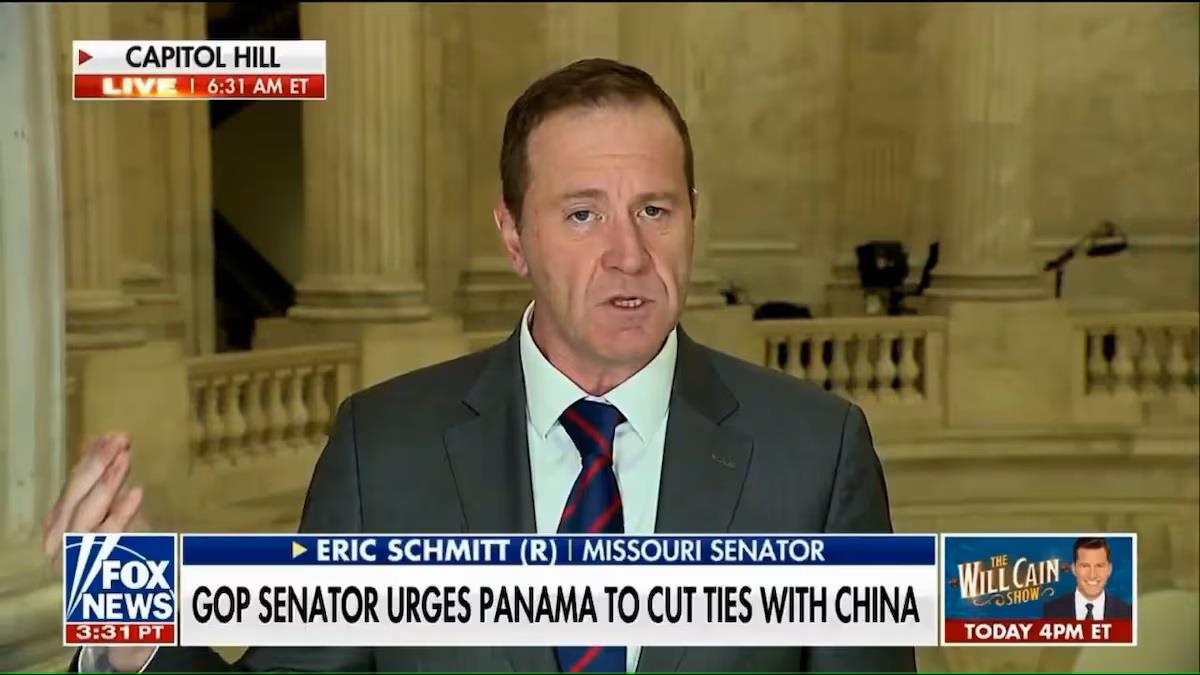
Republican Senator Eric Schmitt introduced a resolution in the U.S. Senate that“urges Panama to cut ties with Hong Kong-based companies that manage several ports on the Panama Canal.” The resolution also proposes the creation of a working group between the United States and Panama to“strengthen the security and operational management of the Canal.” The senator stressed during his interview on Fox News that all options are on the table to ensure that the channel regains its neutrality and that China loses influence over its operation. “It is crucial to our national security. The canal is vital for the transit of our Navy and American commerce,” he added.
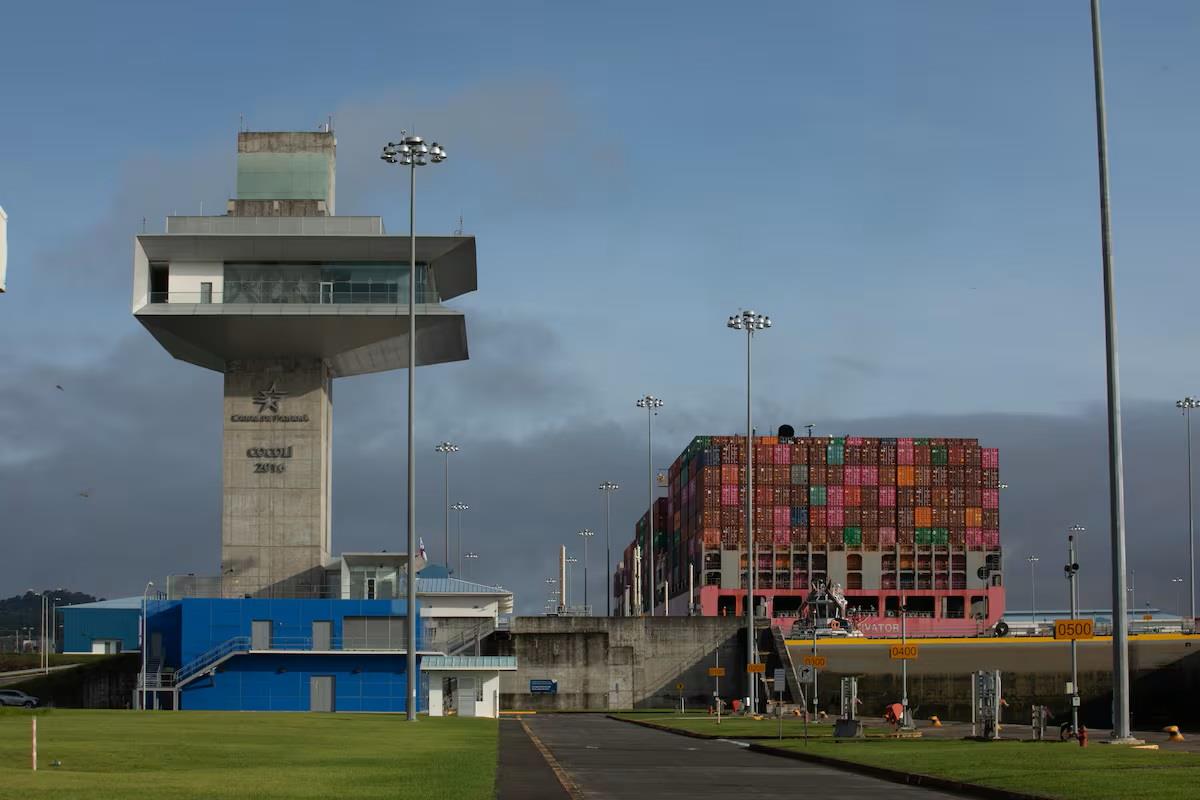
Panama Hires US Lobbyists in Response to Trump's Threats
Faced with threats from President Donald Trump to regain control of the Panama Canal, the Panamanian government hired a group of lobbyists close to the US president. According to the report, which cites recent disclosures submitted to the Department of Justice, the firm is BGR Group, which has deep ties to the Republican Party and will provide government relations services to Panama, according to the publication. Likewise, it is detailed that David Urban, who worked as a volunteer for the Trump campaign in last November's elections and is a CNN commentator, is among the lobbyists working for Panama, according to documents to which Bloomberg Government had access. “Panama agreed to pay the firm around $205,000 a month, plus expenses, according to records under the Foreign Agents Registration Act (FARA),” the publication states. It is also noted that the advice includes relevant contacts with government officials, non-governmental organizations and other persons within the United States. Trump has been announcing his threats to take back the Panama Canal since late December, but the Panamanian government has refuted this. “There is no presence of any nation in the world that interferes with our administration. The Canal was not a concession from anyone. It was the result of generational struggles that culminated in 1999, as a result of the Torrijos-Carter treaty and, since then until now, for 25 years, uninterruptedly, we have managed and expanded it responsibly,” was a recent response from the president of Panama, José Raúl Mulino, to Trump and which was disclosed by Europa Press. It was reported that the Secretary of State of the United States, Marco Rubio, will visit Panama as early as next Saturday and will hold meetings with President Mulino and the administrator of the Panama Canal Authority, Ricaurte Vásquez, according to official sources.
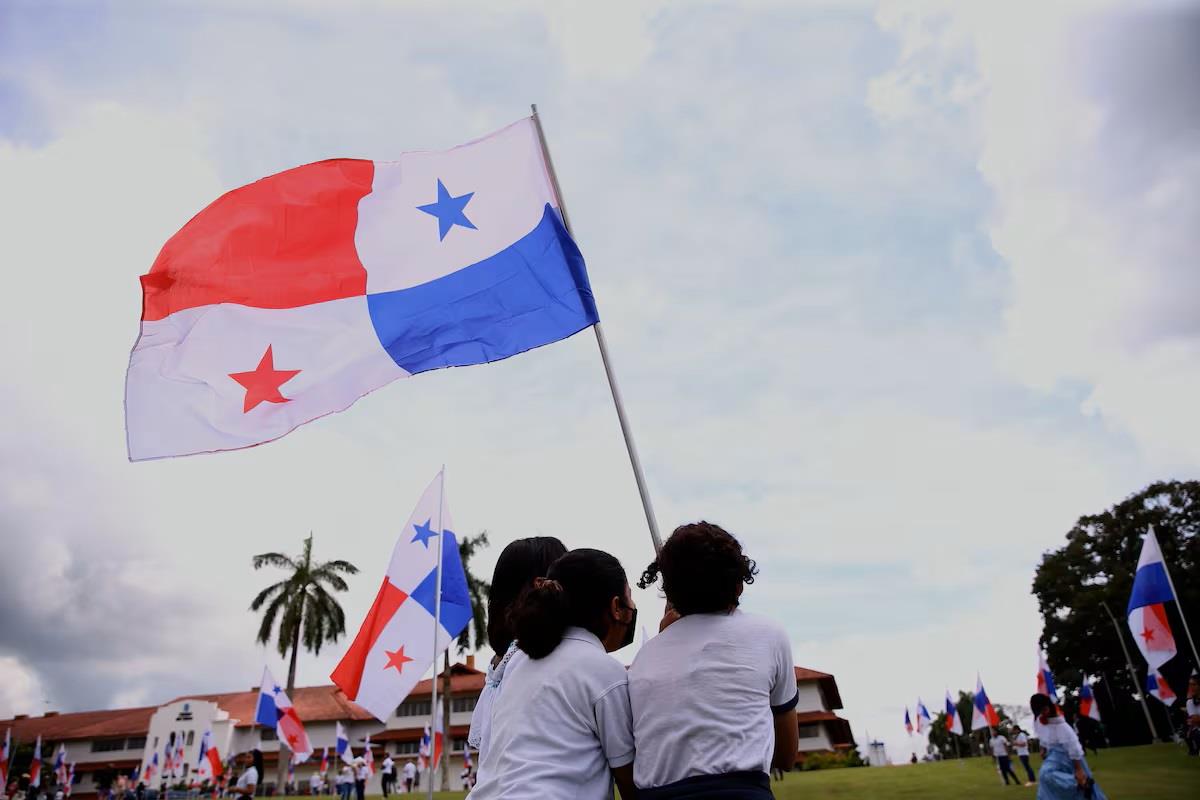
The time for Citizen Diplomacy
US President Donald Trump's statements about the Panama Canal are false. The numbers he uses are not correct. The view that China controls the Canal, or that military personnel from that country are stationed in Panama, is far from reality. However, what Trump says will be considered true by a significant part of the population of that country, and of course by other countries in the world. This is where you come in. Many Panamanians have relatives, friends, classmates, coworkers and acquaintances in the United States. While the Panamanian government establishes its own response strategy to this threat, the responsibility of spreading the word and correcting Mr. Trump's lies is up to each and every one of us.
What to say?
The truth, nothing but the truth. Our family, friends, coworkers and acquaintances rely on our words and that is why we have to be as accurate as possible. To help in this effort of citizen diplomacy, here are the truths we must understand in order to share them with the world.
False statement: “The United States gave the canal to Panama for one dollar”Answer: In 1903, Panama authorized the United States to build a canal and gave permission to use land and water. Panama was severely limited in its own development, at a high human and economic cost. The canal was not free; we Panamanians had paid for it in advance and in full.
False statement: “The Panama Canal charges excessively and represents a high cost to the United States economy.”Answer: The Panama Canal toll represents 5% of the value of freight between Asia and the United States. 2.7% of world trade passes through the Canal ($33 trillion in 2024), but the Canal only generated revenues of about $6 billion. So it is not a cause of inflation but rather a huge subsidy to the economy of one of the most developed countries in the world.
False statement: “38,000 U.S. citizens died during the construction of the Canal.”During the construction of the Panama Canal (1904-1914) 350 American citizens died, according to data contained in the Roberto F. Chiari Library of the Panama Canal.
False claim: “The US Navy pays too much to cross the canal and is discriminated against by Panama.”The US Navy has free passage through the Panama Canal, so there are no lines or reservations required. Between 2015 and 2024, the US Navy only paid approximately $17 million in tolls to cross the Panama Canal. That's less than $2 million a year.
False claim: “The Chinese government controls the Panama Canal.”Answer: Panama controls, manages, supervises, regulates, cares for and maintains the Panama Canal. There are no Chinese military personnel stationed in Panama, instead, the Panama Canal Advisory Board is chaired by retired Admiral William J. Flanagan, who was head of the U.S. Southern Command.
False claim: “The Chinese company that operates two ports at the entrances to the Panama Canal can close them whenever the Chinese government orders it.”Answer: The ports of Balboa and Cristobal are owned by Hong Kong-based CK Hutchinson. This company has 53 ports in 24 countries, including the United States, and by 2023 it had handled more than 81 million containers or the equivalent. This company is not included on any United States government list of restricted companies, as are other Chinese companies. It is important to understand that all ships entering and leaving the Panama Canal are captained by Panamanian Canal pilots, including ships going to the ports of Balboa and Cristobal. So at all times those ships are commanded by a Panamanian Panama Canal collaborator. Go ahead, take what is said here, put it into your own words and share it with the whole world. Only the truth and national unity will lead us to a safe harbor.
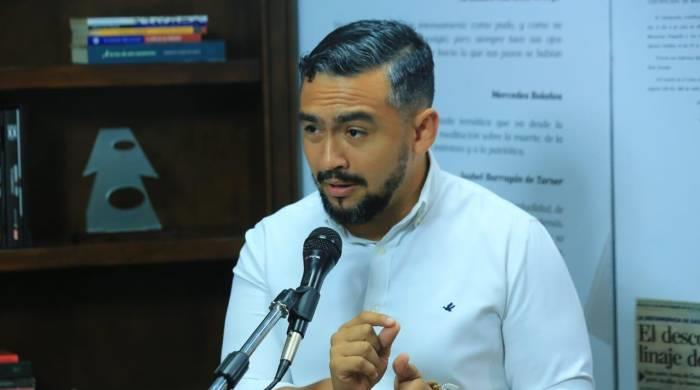
Deputy Duke asks Mulino to be Blunt in Defending Panama's Position in Meeting with Marco Rubio
Luis Duke, a member of the Vamos party of Panama, shared his perspective on this issue of the Panama Canal. According to the congressman, the interests behind Trump's threats include both the reduction of Chinese commercial presence and the reduction of tariffs for American ships. Amid recent statements by U.S. President Donald Trump, Duke said Trump's threat regarding the management of the Panama Canal and its alleged ties to China is a real concern for Panama. According to the congressman, the interests behind these threats include both the reduction of Chinese commercial presence and the reduction of tariffs for American ships. Duke also mentioned the upcoming visit of U.S. Senator Marco Rubio, who will come to Panama to discuss this and other issues related to trade security.
The United States Senate is preparing to analyze the impact of the Canal on trade and security matters and as Panamanians (the deputies) we have to prepare ourselves and understand that it is an area that is not only the responsibility of the Executive and as a Legislative Body we want to contribute to the construction of the strategies to be implemented in the upcoming meetings with Rubio. He added that both the president, José Raúl Mulino, and the administrator of the Panama Canal, Ricaurte Vásquez, have to be blunt in defending our position and clarifying those uncertainties about Trump's intentions and threats. He said that, beyond maintaining relations with the United States, priority must be given to the effects that this could cause to Panamanians.
Panama Canal Tariffs and Security Reach the US Senate: Ted Cruz Calls for Hearing
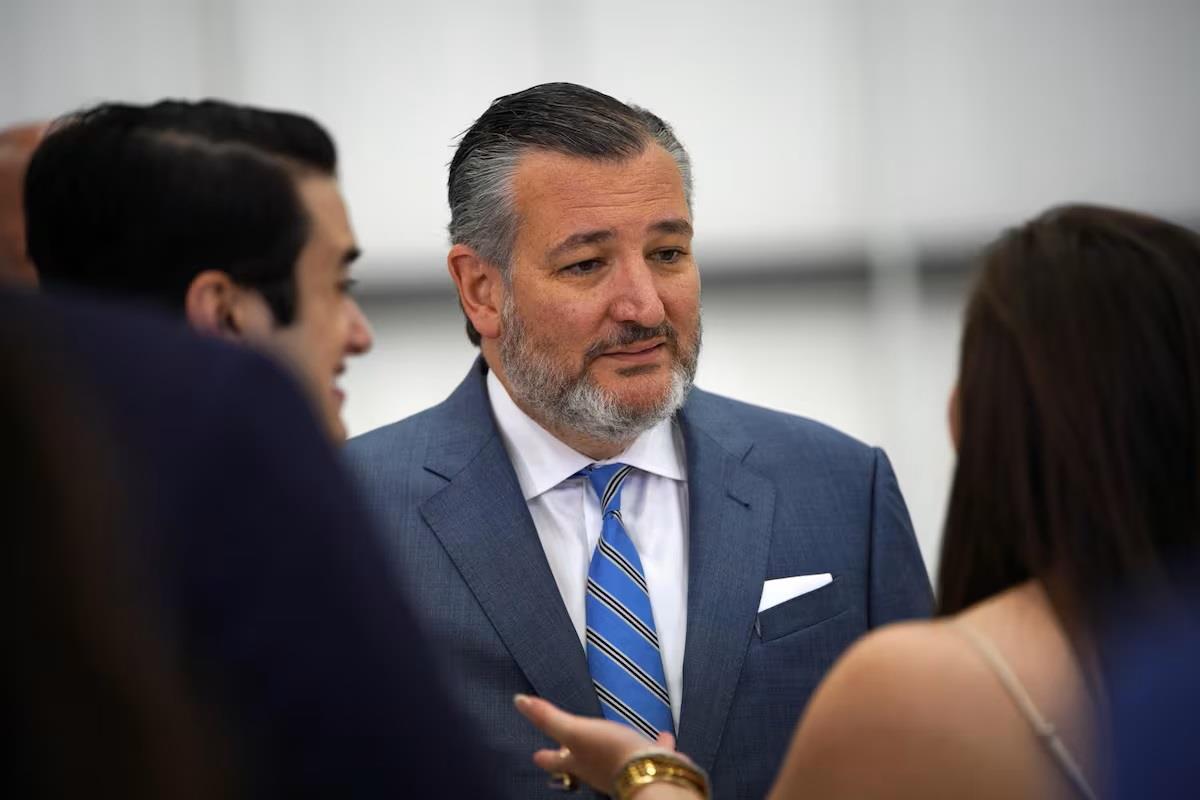
US President Donald Trump has accused Panama of imposing“exorbitant” tariffs on US ships transiting the Panama Canal. The issue has now reached the US Senate. The key role of the canal in American trade, challenges arising from its capacity constraints and rising tariffs, as well as“concerns” about China's growing involvement in this strategic infrastructure will be addressed during the session. This is what is reported on the official website of the Senate Commerce Committee.

Legal Disclaimer:
MENAFN provides the
information “as is” without warranty of any kind. We do not accept
any responsibility or liability for the accuracy, content, images,
videos, licenses, completeness, legality, or reliability of the information
contained in this article. If you have any complaints or copyright
issues related to this article, kindly contact the provider above.

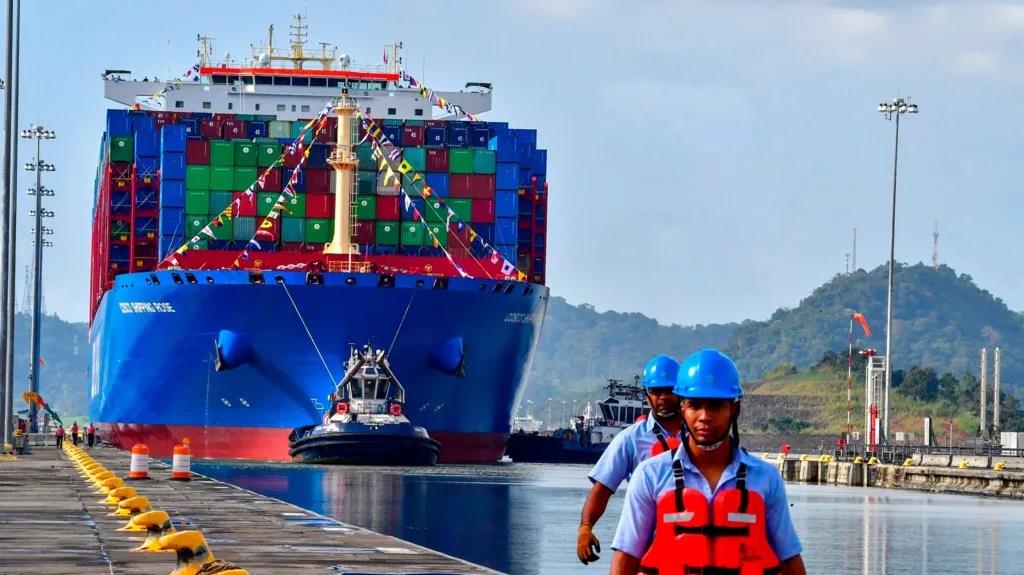
















Comments
No comment